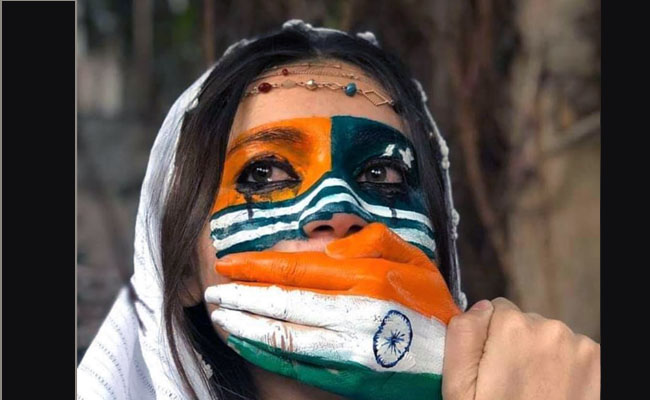London: Enforcement of a new domicile law in Occupied Jammu and Kashmir. For the first time India is sending its own Indian people to work in Occupied Kashmir under this Law.
A new definition of domicile (resident) of Jammu and Kashmir has been fixed. And new rules for employment have been set. This new domicile law is being implemented for Occupied Jammu and Kashmir Union Territory amid corona epidemic crisis. Under this new domicile law, it allows Indians to apply for local government jobs in Occupied Jammu and Kashmir, including those seeking employment in the police force.
Repeal of Section 370 by the Central Government. This decision comes eight months after the state was divided into two central areas. Earlier, the government had imposed domicile regulations in the central region which was criticised by several political parties.
Former Chief Minister Omar Abdullah had said that the domicile law was so hollow that even the party lobbying for it was opposing it. The law was amended a day after the criticism.
The law stated that anyone who had resided in Jammu and Kashmir for fifteen years or who had studied there for seven years and had passed the tenth and twelfth class examinations from a local educational institution was entitled to a domicile certificate.
Thus such a person is eligible for government jobs and can also become the owner of land and property. Previously the Muslim residents were in occupied Jammu and Kashmir had complete autonomy and were protected under Article 370, that no other settlers could purchase land and property, or by any means become a resident, therefore altering the demographics of this region.
Many feel this is India’s attempt to gain superior control and undermine the only majority Muslim state that is under India’s authority. Critics feel India is simply following the same model of occupation in the region as Israel has done in the middle East with Palestine. Occupied Jammu and Kashmir remains one of the world’s most militarised zones.
Adding the new domiciliary law will only seek to damage India’s international reputation as a intolerant country, in the same way as atrocities that were committed in Myanmar, leaving over a million Rohingyan Muslims displaced.
